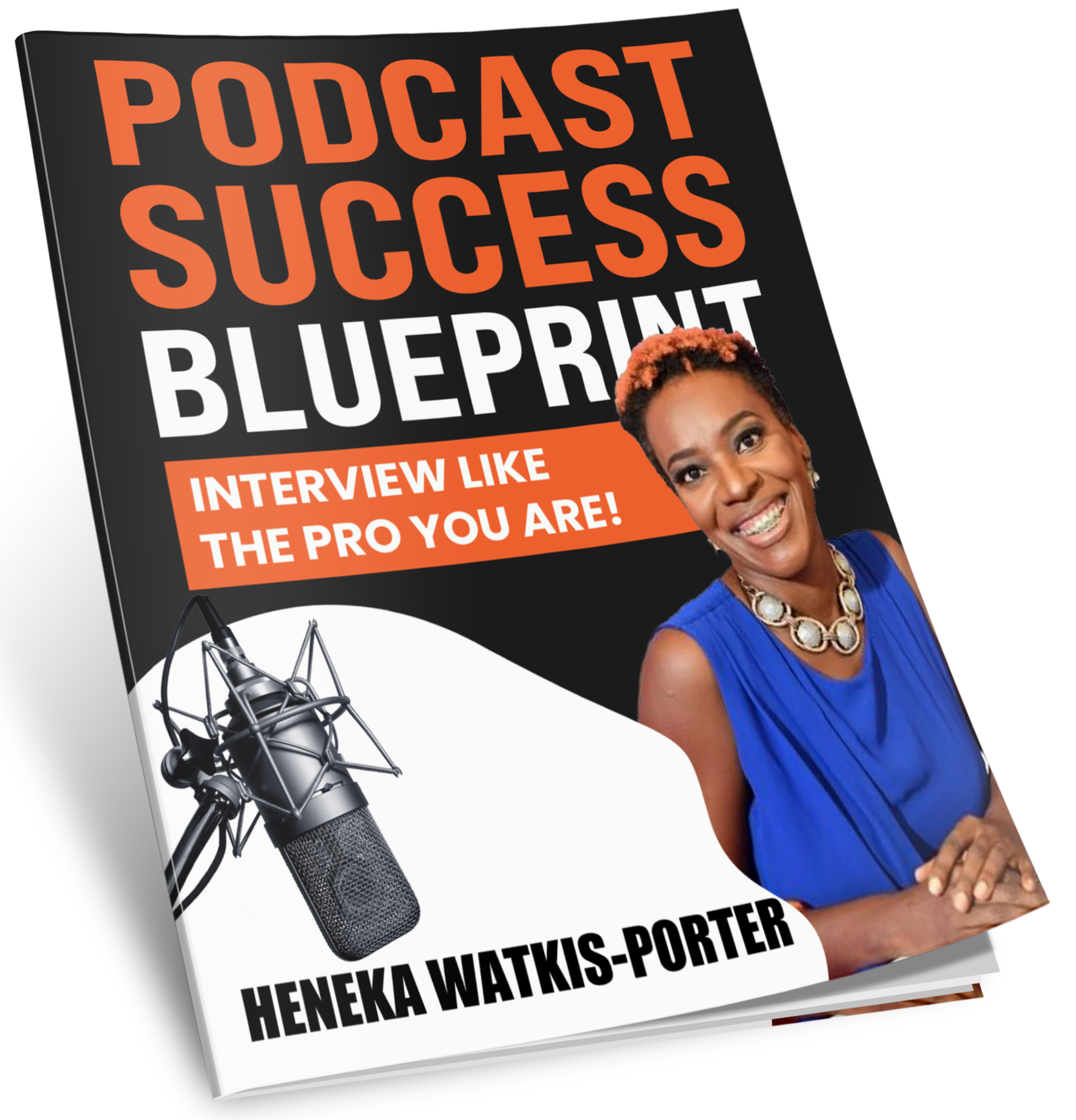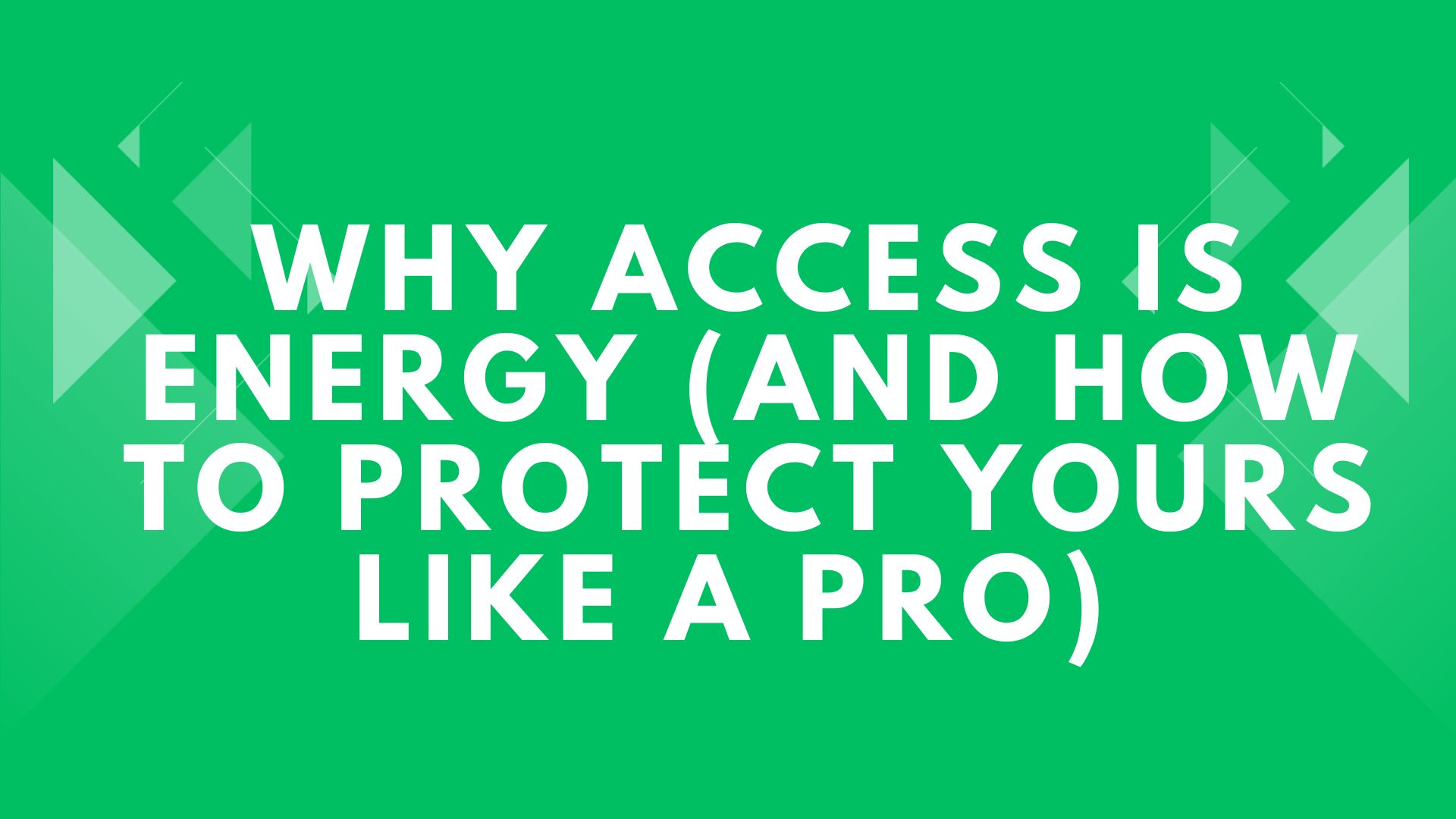“What if it doesn’t work out?” “What if the business fails?” “What if I fail?” What-if scenarios have a tendency to infect our minds and deter us from taking a leap into a new challenge or opportunity.
In 2007, I started my first business in the apparel sector. I continued working on it part-time while holding down a full-time job. The possibilities of running my own venture and the opportunities that came along with being a full-time entrepreneur got my adrenaline rushing.
I was identifying the right partners and attracting customers; the media supported it as well with press features. To say things were looking up was an understatement. I could be seen beaming from ear to ear. From all indications, I was a legitimate business owner. As someone who has always wanted to be my own boss, there was nothing fearful about starting this venture… but only on a part-time basis.
After a few years in, I started to think bigger. I wanted to become a full-time entrepreneur. But fear crept in and doubt began to fill my mind. Not only that, when I gave hints of wanting to quit full-time employment, those close to me reminded me of all the benefits of being gainfully employed. With each chance they got, they cautioned me about everything I was about to give up.
Perks of Security
And who could blame them? Who wouldn’t want to continue enjoying perks such as paid vacations, paid sick leave, subsidized meals, health insurance and more? Why would anyone think of veering toward a lack of security that is synonymous with having a startup?
The seeds of doubt were planted in my head and all the“what if” questions began to reverberate so loudly. I allowed my mind to dance to its beat.
Amid the almost-crippling fear I felt, nonetheless, I forged ahead and quit my full-time job in 2011. In the end, I won the battle over fear. I thought about the “what if” questions I might ask myself 10 years from now: “What if I had gone into entrepreneurship full-time?” “What if it had been successful despite the fears I had back then?” I wanted to be able to say, “I tried and it was worth it,” or “I tried and failed, but also learned something through the process.”
While I have made many missteps along the way, I have learned so much and grown both as a leader and as a business owner.
We all face different types of fear at one time or another, so it would do us well to identify ways to navigate this oftentimes crippling emotion. Fear is the feeling you get that something isn’t going to go in your favor long before you even make an attempt.
The truth is, the fear you feel now wasn’t developed overnight. What you’re feeling is a result of years and years of mental programming. Perhaps it is meant to paradoxically protect you from experiencing feelings of disappointment. Maybe as a child you were constantly told that you weren’t good at or for anything. This proverbial tape plays in your subconscious mind to the point that you believe those lies about yourself.
Fighting Fear
Studies show that it takes seven positives to override one negative we have been told. The anecdote for fear arising from a lack of self-belief, therefore, is to keep affirming yourself as someone who is successful and prosperous.
If you are a perfectionist, you may fear not getting the flawless result you wanted, but know that done is better than perfect. Just take a step forward and watch the dots connect along the way.
It has been my experience that a large percentage of the things we fear rarely manifest themselves into reality. What usually happens is we use up valuable brain cells worrying about something that stands a great chance of not happening. It is wise then to channel that same energy into making our ventures a success. Overcome your fear by working at being great at your purpose and life’s mission.
According to the law of averages, statistically speaking, every no gets us closer to a yes, so keep going. When we examine the path of some of those we consider to be successful, they remind us that we will face doors being slammed shut, but we should never let that stop us. History is replete of those who failed their way to success. A very common example that almost everyone knows about is Walt Disney. When his former editor told him he “lacked imagination and had no good ideas,” he went his merry way and what resulted is a world-famous company and cultural icon that bears his name.
SMART Goals
One of the best ways to mitigate against fear is to set goals that are right for you and relevant to your season. This will alleviate the need to keep up with others which can contribute to anxious moments. In a conversation with May McCarthy on The Entrepreneurial You podcast, May argued leaders should “choose goals that are right for you, not goals that other people have for you. If you choose a goal that somebody has for you and it is not something that is right for you, you can get burnt out and angry.” Always do a cost-benefit analysis and have a plan. Make sure to set SMART goals (specific, measurable, attainable, realistic and time-bound). Visualize yourself being successful and what that means for you, your family and your community.
Even with a plan, things can take an unexpected turn. Never mind the unforeseen hurdles, embrace the outcome with an open mind and learn from your mistakes. You will never succeed in 100 percent of your attempts, so don’t take any failure personally. It is good practice to have the perspective that every part of the experience is important. When necessary, take the time to recalibrate but never despair. This will sharpen your creativity as you look for other ways to achieve your goal. You will develop a strength of character that builds your resilience muscles in preparation for other opportunities.
When I face fear, I simply allow myself to accept that’s what I am feeling. Once I get to that stage of acceptance, I make a decision to move forward in spite of the way I feel. Little by little, the feeling dissipates and is replaced with boldness.
How do you fight your fears? Share with me.








